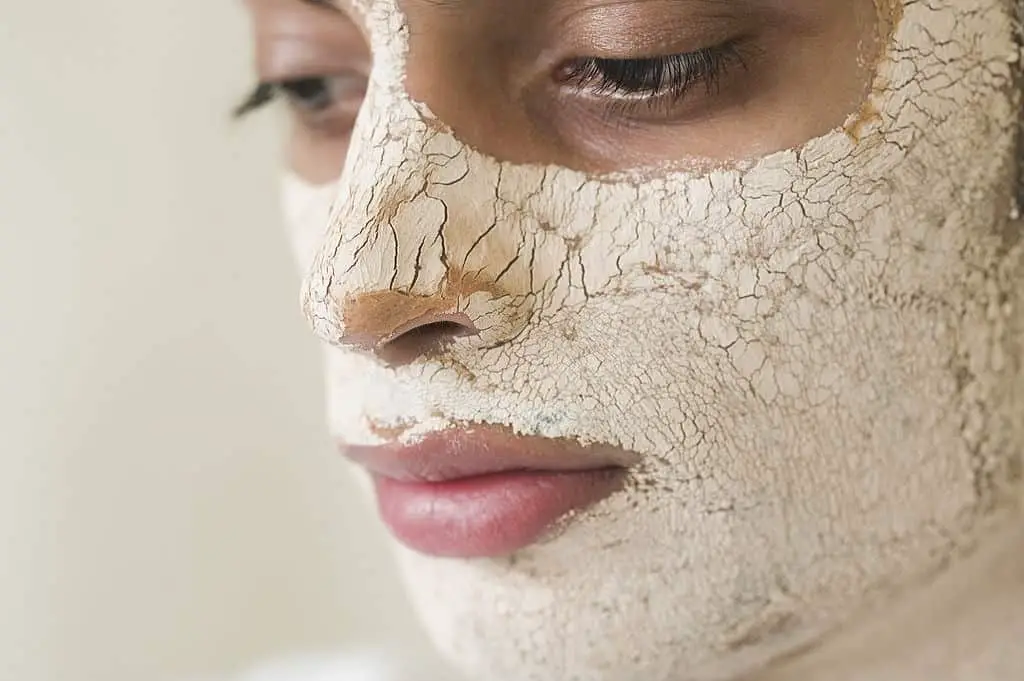Look in the mirror, touch your face. If you have dry facial skin you have no one to blame but yourself. Hmm… Maybe that was a little harsh.
Genetics could predispose you to having dry facial skin, but there are numerous measures you can take to correct this unfortunate skin condition – even if dry skin is part of your family inheritance. So let’s get to work!
Identify the factors that could be playing a role in Drying out your Skin
Dry facial skin can be caused by anything that dehydrates, or removes moisture, from your skin cells. Foremost among the offenders is sun exposure. This factor alone accounts for a great number of woman and men looking years and even decades older than they really are.
Guys and gals love to lie in the sun to get that deep dark tan. Unfortunately, that beautiful darkened skin is actually damaged skin. Facing the sun for extended periods of time might feel good and make you look marvelous for a short while, but the resulting dry facial skin will lead to wrinkles down the road, and possibly skin cancer. This doesn’t mean to avoid the sun altogether.
The ultraviolet B (UV-B) rays of the sun enable your skin cells to produce Vitamin D, which helps fight a number of diseases and helps strengthen bones.
Ten to twenty minutes in the mid-day sun with no sunscreen will benefit most people. Longer than that without protection can lead to damaged skin.
Other things that dry out your skin include too much coffee or alcohol, smoking, certain medications, antihistamines, heaters and air conditioners.
Even everyday products that you buy in the market, such as tooth whitening products and toothpastes can lead to dry facial skin around the mouth.
Change Life Habits that Promote Dry Skin
As mentioned earlier, some people are more likely to suffer from dry facial skin than others. If your condition is not severe, you may be able to get away with simply being smarter about exposing your skin to the sun. Or you may have to cut back on alcohol, or coffee, or change your medications.
If your skin condition is more severe, you may have to avoid all of the above as much as possible. It is your skin, after all. If you want to have better skin into your eighties and even nineties, you will do what it takes: avoid anything that dries out your skin.
In addition, make the following practices part of your daily routine:
- Drink lots of pure water every day – six to eight glasses – to keep your body and skin sufficiently hydrated.
- Avoid soap products; they dry out your skin. Use mild, soap-free cleansers instead of soap. Get in the habit of gently patting dry your skin with a soft cloth or towel; this is one small thing you can do to help remedy your dry facial skin condition.
Read also: What are the Best Ways to Cleanse your Face?
- Use alcohol-free moisturizing toners and conditioners after cleansing to better prepare your skin for any skin care products you choose to apply.
(Note: certain alcohol ingredients in skin care products do not dry out skin and can be used – the ingredients label will sometimes indicate whether an alcohol being used is of the non-drying variety.)
Choose Skin Care Products that Target Dry Facial Skin
For example, hyaluronic acid is one ingredient you would like to see in dry skin care products, as it is a water-binding agent. Other useful substances are ceramides, which help keep moisture within the skin barrier.
- Become an ingredients label junky. Know what you are putting on your face. Do not be intimidated by those weird scientific names. Because an ingredient has a long unpronounceable name doesn’t mean it is not good for your skin. Look ingredients up on the internet. Look for facts and don’t take any one person’s word for gospel.

